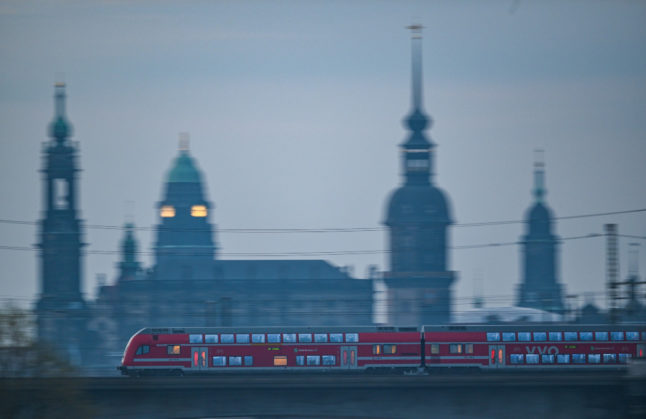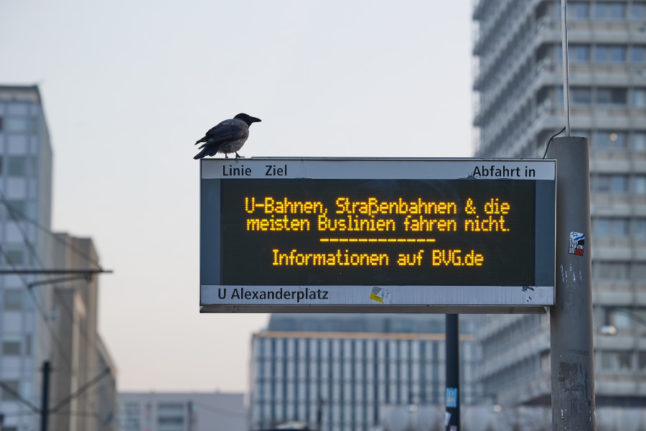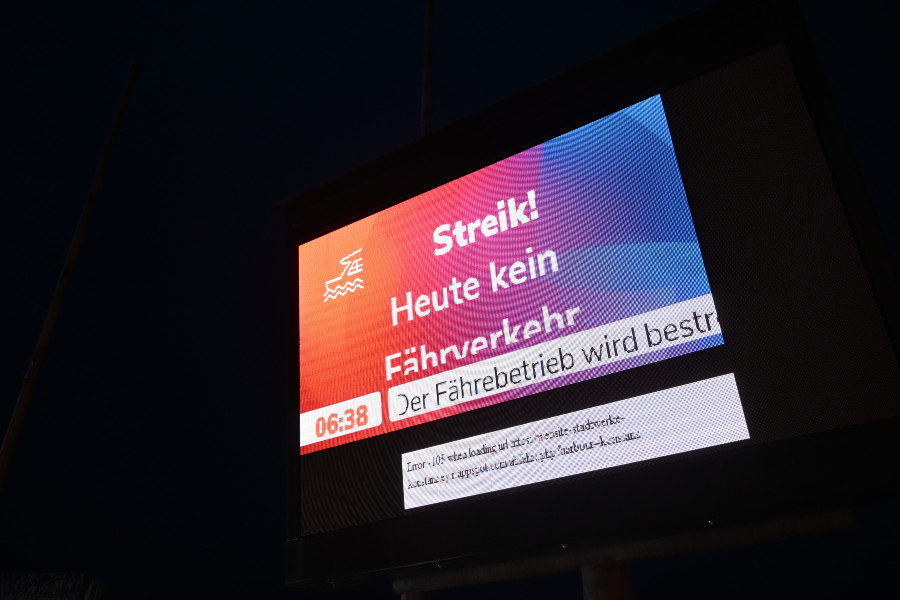The net loss for the year was €2.35 billion.
Record investments of €7.6 billion weighed on the results, as Deutsche Bahn seeks to overhaul Germany’s creaking railway network.
CEO Richard Lutz said the operator, along with the German government, “launched the largest and most comprehensive” investment programme in the railways in three decades.
“We cannot delay overhauling and modernising our infrastructure.”
Revenue fell 13 percent to €45.2 billion in 2023 while only 64 percent of long-distance trains arrived on time, a fall of one percentage point from the previous year.
However, it said it expects a healthy operating profit for 2024.
The results were announced as the operator remains locked in negotiations with the powerful GDL train drivers’ union.
The train drivers have walked out six times since November, causing disruption for huge numbers of passengers.
GDL wants more money for its members as well as a 35-hour week for the same salary as the current 38-hour week.
READ ALSO: German train drivers’ union halts strikes to negotiate
Deutsche Bahn has said it has offered up to 13 percent more pay and the option of shortening the work week to 37 hours starting in 2026.
The group’s freight business racked up another operating loss in 2023. But at €500 million, the figure was slightly better than a shortfall of €665 million the previous year.
Profits at its logistics unit, Schenker, fell 38 percent year-on-year to €1.1 billion. Deutsche Bahn in December launched a process to sell the subsidiary, as it seeks to focus on its core businesses.
Deutsche Bahn plans to invest €30 billion in upgrading the country’s rail network by 2027.
However this figure is lower than the €45 billion originally envisaged before Germany’s top court ruled last year the government had broken debt rules, leading Berlin to revise many of its financial plans.




 Please whitelist us to continue reading.
Please whitelist us to continue reading.
Member comments